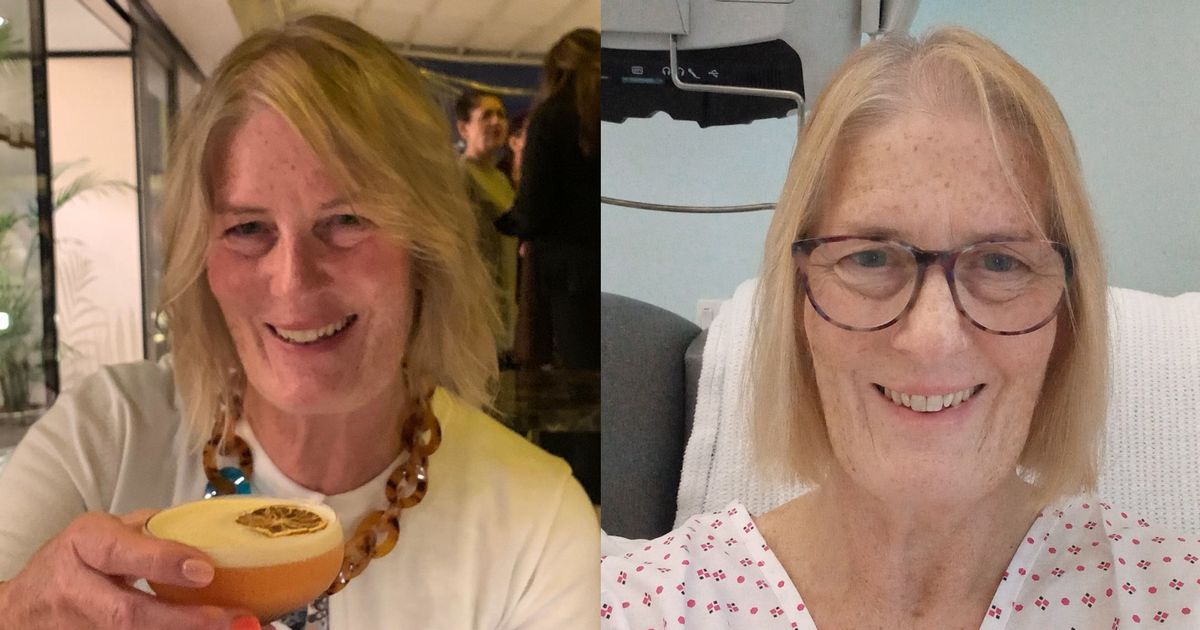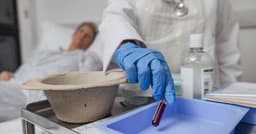Home / Health / Nurse's Rare Pancreatic Cancer Catch Beats Odds
Nurse's Rare Pancreatic Cancer Catch Beats Odds
20 Nov
Summary
- Suzanne Ford caught pancreatic cancer at an exceptionally early stage.
- She underwent a complex surgery, rarely performed on pancreatic patients.
- A new breath test could revolutionize early detection of this cancer.

Suzanne Ford, a 67-year-old ex-nurse, considers herself fortunate to have been diagnosed with pancreatic cancer at an early stage. Her symptoms, initially dismissed as over-indulgence during a holiday in France, escalated to include changes in stool color and an all-over body itch. Prompt medical attention, including a CT scan, revealed the rare diagnosis.
Ford underwent a complex pancreaticoduodenectomy, a procedure only about one in ten pancreatic cancer patients can receive. Despite her cancer being upgraded to stage three, the surgery was successful, followed by chemotherapy, placing her among the 5% of long-term survivors. Her recovery is attributed to her prior health, excellent care, and crucial early detection.
Inspired by her experience, Ford supports research at Imperial College, where a novel breath test for pancreatic cancer is being developed. This pioneering test, funded by Pancreatic Cancer UK, aims to significantly improve early diagnosis rates, potentially revolutionizing survival outcomes for this deadly disease.



